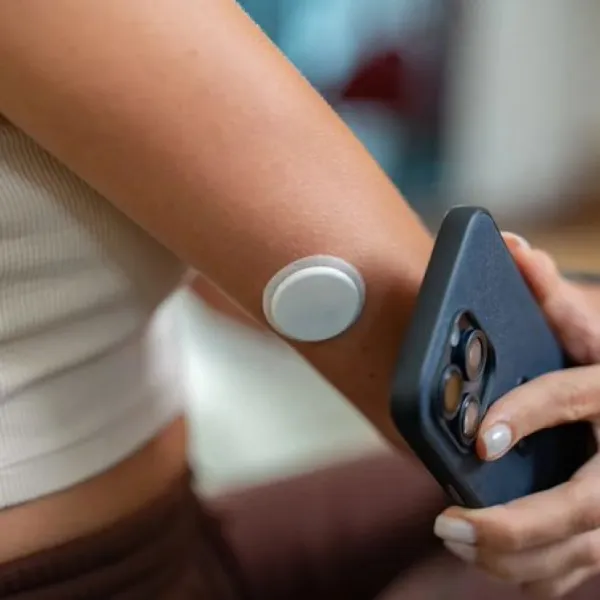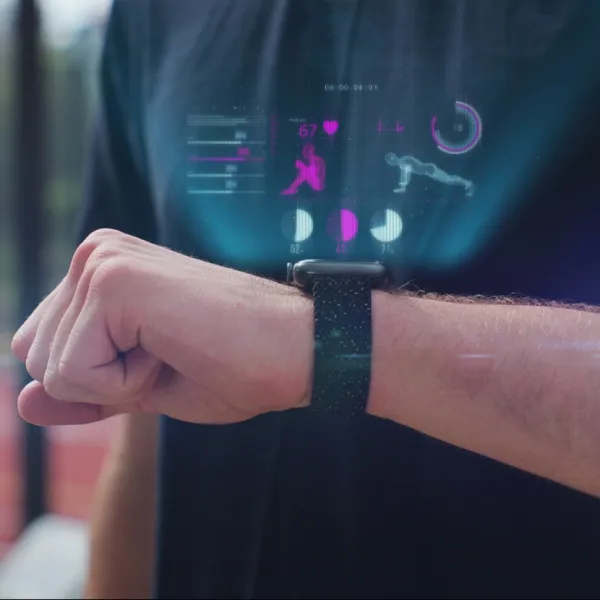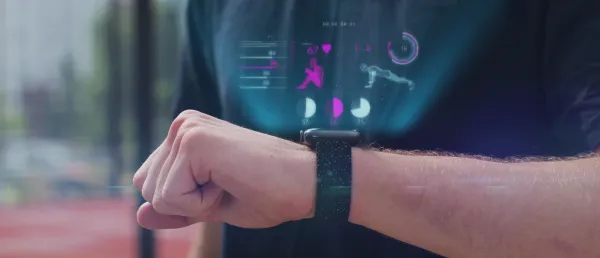Germany-Based Qiagen Introduces QIAstat-Dx Syndromic Tests for Swift Infectious Disease Diagnosis in India

These testing panels have received regulatory approval from CDSCO, marking a pivotal step forward for healthcare providers in India.
In a significant move to enhance diagnostic capabilities, German-based Qiagen has unveiled two new syndromic testing panels for its QIAstat-Dx instruments in India.
The Gastrointestinal Panel 2 and Meningitis/Encephalitis Panel, joining the previously authorised Respiratory SARS-CoV-2 Panel, aim to provide rapid and precise diagnoses of infectious diseases.
These testing panels have received regulatory approval from the Central Drugs Standard Control Organisation (CDSCO), marking a pivotal step forward for healthcare providers in India.
Innovative Diagnostic Technology
The QIAstat-Dx system, designed for laboratory use, utilises cost-efficient, single-use cartridges with pre-loaded reagents and built-in sample processing. Leveraging multiplex real-time PCR, it can detect and differentiate between various pathogens, offering a streamlined diagnostic process.
The newly introduced QIAstat-Dx Meningitis/Encephalitis Panel is a game-changer, simultaneously analysing 15 viral, bacterial, and fungal pathogens in patients suspected of central nervous system infections.
Remarkably, it delivers results in just 80 minutes, empowering clinicians to make timely therapeutic decisions. On the other hand, the QIAstat-Dx Gastrointestinal Panel 2 is capable of identifying 22 clinically relevant bacterial, viral, and parasitic pathogens causing gastrointestinal infections within an hour. This panel presents a significant improvement over traditional microbiological testing, often requiring extended incubation periods.
Qiagen's Respiratory SARS-CoV-2 Panel, authorised for emergency use in 2020, continues to play a crucial role in detecting 23 viral and bacterial pathogens causing respiratory infections.
The Central Drugs Standard Control Organization's approval ensures the reliability and accuracy of these diagnostic tools, providing a boon to healthcare professionals striving for swift and effective patient management.
Global Collaborations in Microbiome Sciences
Qiagen recently collaborated with Penn State University in the United States. The collaborative effort, named "One Health Microbiome Center" at Penn State’s Huck Institutes of the Life Sciences, aims to facilitate research in understanding the relationships between microorganisms and their hosts. Qiagen will contribute instruments and kits to support faculty and students in this flagship project, further reinforcing its position as a leader in life sciences.
This development aligns with Qiagen NV's broader strategy to expand its footprint in microbiome research, a burgeoning field with implications for health, diseases, and ecological processes. By delving into the microbiome's impact, Qiagen aims to develop innovative diagnostic solutions and therapeutic strategies.
Also, in November 2023, Qiagen made strides in its sample technologies portfolio with the introduction of two products designed to support researchers in handling diverse materials. The TissueLyser III, complementing the company's range of high-throughput instruments, addresses the challenges of processing bone, tissue, and soil samples.
Also, the company also launched three new QIAcuity kits to enhance digital PCR applications in biopharma research and food safety, ensuring precise quantification, increased sensitivity, and cost efficiency. The QIAcuity Software 2.5 update will help streamline digital PCR analysis with precise run temperature and sample dilution information critical to biotech and pharma reporting and auditing.
Next is the QIAcuity OneStep Advanced EG Kit, designed for highly sensitive quantification of RNA or RNA alongside DNA in a single reaction. The kit employs intercalating dye technology, simplifying procedures and reducing costs compared to fluorescent-probe-based PCR.
Per a microbiome sequencing services market size report, the global microbiome sequencing services market was valued at $1.37 billion in 2022 and is expected to witness a CAGR of 10.9% till 2030.
Stay tuned for more such updates on Digital Health News





























